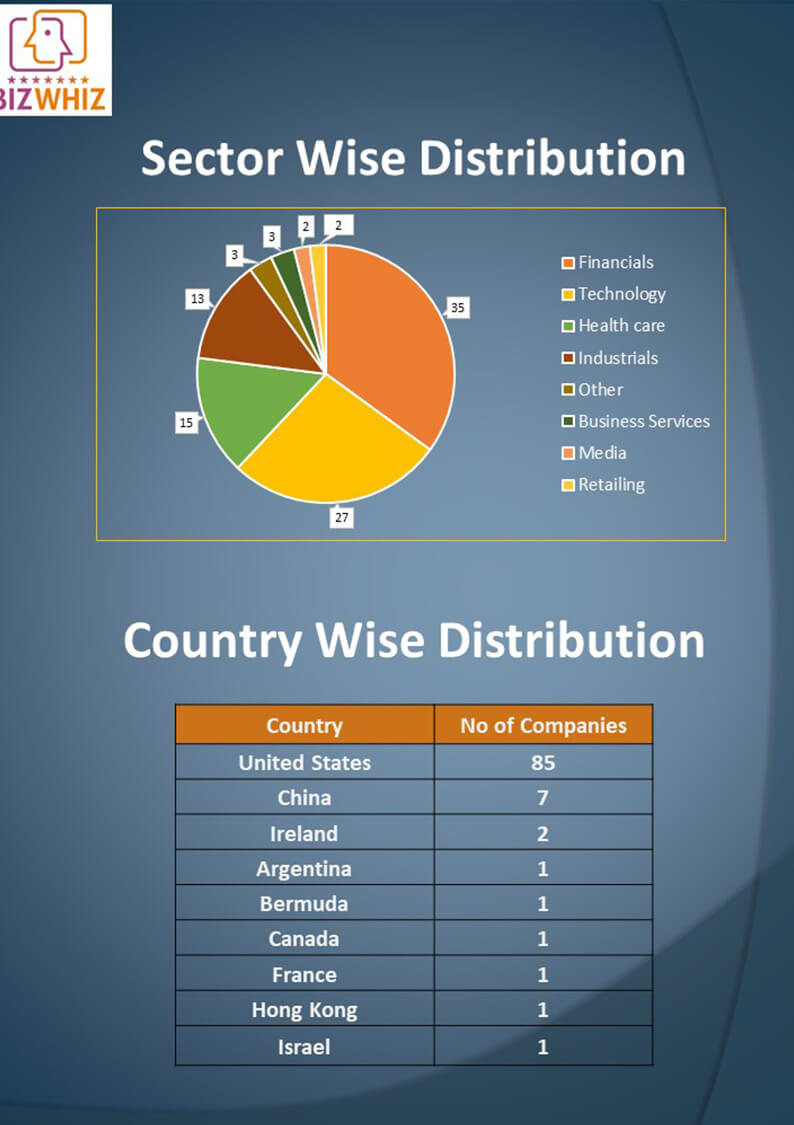Keir Starmer Defends Gibraltar's Sovereignty: A Deeper Look At The Dispute

Table of Contents
Keir Starmer's Stance on Gibraltar's Sovereignty
Keir Starmer has consistently reaffirmed the Labour Party's unwavering commitment to upholding Gibraltar's right to self-determination. His approach differs subtly from some previous Labour leaders, emphasizing a pragmatic yet firm stance in negotiations with Spain. While specific quotes require verification from official sources and transcripts of his speeches, the overarching message is clear: Gibraltar's future rests with its people.
- Unwavering Commitment to Self-Determination: Starmer's position is grounded in the belief that the people of Gibraltar should have the ultimate say in their future. This commitment aligns with international norms regarding self-determination and territorial integrity.
- Negotiations with Spain: His approach to negotiations with Spain focuses on finding mutually agreeable solutions that respect Gibraltar's unique status and the rights of its residents. This suggests a willingness to engage in dialogue while safeguarding Gibraltar's interests.
- Brexit's Impact: Starmer acknowledges the challenges posed by Brexit to Gibraltar's future, particularly regarding its economic ties with the EU. His approach emphasizes securing the best possible post-Brexit arrangements for Gibraltar.
- Comparison with Previous Leaders: While a detailed comparison requires further research into the stances of past Labour leaders, Starmer's emphasis on self-determination appears consistent with a broader Labour tradition of supporting Gibraltar's right to govern itself.
The Historical Context of the Gibraltar Dispute
The Gibraltar sovereignty dispute is rooted in centuries of history, dating back to the Treaty of Utrecht in 1713. This treaty ceded Gibraltar to Great Britain, a decision that has been contested by Spain ever since. The subsequent centuries have witnessed periods of both cooperation and conflict, with the issue periodically flaring up into significant diplomatic tensions.
- The Treaty of Utrecht (1713): This treaty, signed at the end of the War of the Spanish Succession, remains the cornerstone of the UK's claim to Gibraltar. However, Spain has consistently argued that the treaty was imposed under duress and should not be considered binding.
- Moments of Tension and Negotiation: Throughout history, various attempts at negotiation and compromise have yielded limited success. Periods of heightened tension have been marked by diplomatic standoffs and disagreements over jurisdiction and access.
- Colonialism and Decolonization: The historical context of colonialism and decolonization adds a layer of complexity. Spain's claim to Gibraltar is often framed within this broader narrative, raising questions about the legitimacy of colonial acquisitions and the right to self-determination.
The Impact of Brexit on Gibraltar's Sovereignty
Brexit has significantly altered the dynamics of the Gibraltar dispute. Prior to Brexit, the EU played a crucial mediating role, ensuring the free flow of people and goods between Gibraltar and Spain. The departure of the UK from the EU has necessitated new arrangements and created new challenges.
- The EU's Mediating Role: The EU's framework for managing the border between Gibraltar and Spain had helped mitigate tensions. The loss of that framework has introduced complexities that must be addressed.
- New Agreements Post-Brexit: The UK and Spain have negotiated a new agreement on Gibraltar, but this remains a fragile and dynamic situation. Maintaining a functional border and preserving Gibraltar's access to the EU market remain paramount.
- Economic Consequences for Gibraltar: The potential economic consequences for Gibraltar are significant. Disruptions to trade and movement of people could negatively impact Gibraltar's economy.
Public Opinion and Political Implications
Public opinion regarding Gibraltar's sovereignty differs significantly across Gibraltar, the UK, and Spain. In Gibraltar, there is overwhelming support for maintaining the territory's ties with the UK. In Spain, sentiment towards Gibraltar varies, but there's strong support among certain sectors for reclaiming sovereignty. In the UK, public awareness of the dispute may be less acute, but there is a general understanding of the UK's commitment to defending Gibraltar's rights.
- Polling Data: Analyzing polling data from each country offers valuable insights into public opinion. This data needs to be gathered from credible sources and presented thoughtfully to understand the nuances of public opinion on the issue.
- Impact on UK-Spain Relations: The Gibraltar issue remains a sensitive point in UK-Spain relations. Managing the dispute effectively requires diplomatic skill and a willingness to compromise while respecting the self-determination of the Gibraltarians.
- Political Implications for the Labour Party: Keir Starmer's position on Gibraltar sovereignty carries significant political weight. His stance is likely to resonate with voters in Gibraltar and could also have implications for broader UK-Spain relations and Labour's relationship with Spanish political parties.
Conclusion: Understanding Keir Starmer's Position on Gibraltar's Sovereignty
Keir Starmer's position on Gibraltar sovereignty emphasizes the right to self-determination for the people of Gibraltar, while advocating for pragmatic negotiations with Spain. Understanding his stance requires considering the long and complex history of the Gibraltar dispute and the significant impact of Brexit. The future of Gibraltar remains uncertain, with potential challenges in maintaining economic prosperity and positive relations with Spain. Stay informed about the ongoing developments in the Gibraltar sovereignty debate. Understanding Keir Starmer's position, and the complexities of this long-standing dispute, is crucial for shaping a future that respects the right to self-determination for the people of Gibraltar.

Featured Posts
-
 Billy Bob Thornton Defends Ali Larter And Angela Norris A Landman Controversy
May 13, 2025
Billy Bob Thornton Defends Ali Larter And Angela Norris A Landman Controversy
May 13, 2025 -
 Open Letter To Uk Prime Minister Celebrities Demand Action On Ai And Copyright
May 13, 2025
Open Letter To Uk Prime Minister Celebrities Demand Action On Ai And Copyright
May 13, 2025 -
 Identifying The Countrys Fastest Growing Business Locations
May 13, 2025
Identifying The Countrys Fastest Growing Business Locations
May 13, 2025 -
 Ver Atalanta Vs Lazio En Vivo Online Serie A 2025
May 13, 2025
Ver Atalanta Vs Lazio En Vivo Online Serie A 2025
May 13, 2025 -
 Scarlett Johansson And Chris Evans Hidden Comedy Gem On Netflix
May 13, 2025
Scarlett Johansson And Chris Evans Hidden Comedy Gem On Netflix
May 13, 2025
